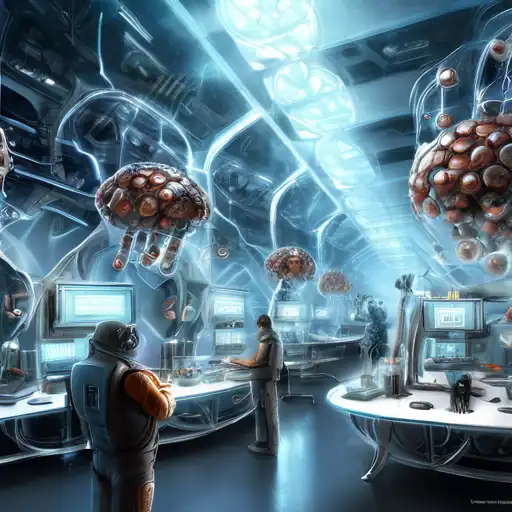Introduction to Nanotechnology
Nanotechnology, the science of the incredibly small, is making a monumental impact across various industries. By manipulating matter at the atomic and molecular level, scientists and engineers are creating materials and devices with remarkable properties and functions. This article explores the vast potential of nanotechnology and its current applications that are shaping the future.
The Science Behind Nanotechnology
At its core, nanotechnology involves the engineering of functional systems at the nanoscale, which is about 1 to 100 nanometers. To put this into perspective, a single sheet of paper is about 100,000 nanometers thick. This field combines principles from physics, chemistry, biology, and engineering to innovate at a scale that was once thought impossible.
Current Applications of Nanotechnology
Nanotechnology is already transforming industries in ways that were unimaginable a few decades ago. Here are some of the most impactful applications today:
- Medicine: Targeted drug delivery systems that attack cancer cells without harming healthy tissue.
- Electronics: Faster, smaller, and more efficient electronic components, leading to advancements in computing and mobile devices.
- Energy: Improved solar panels and batteries that are more efficient and environmentally friendly.
- Environmental: Nanomaterials that can clean up oil spills or filter water more effectively.
The Future of Nanotechnology
The potential of nanotechnology is boundless. Researchers are exploring ways to use nanotech for space exploration, creating self-healing materials, and even developing nanorobots that can perform surgeries inside the human body. As we continue to unlock the secrets of the nanoscale, the possibilities for innovation are endless.
Challenges and Ethical Considerations
Despite its promise, nanotechnology faces challenges, including high production costs, potential health risks, and environmental concerns. Ethical questions also arise regarding privacy and security, especially with the development of nano-surveillance devices. Addressing these issues is crucial for the responsible advancement of nanotechnology.
Conclusion
Nanotechnology is a testament to human ingenuity, proving that even the smallest innovations can have a massive impact. As we navigate the challenges and embrace the opportunities, nanotechnology will undoubtedly play a pivotal role in shaping the future of technology, medicine, and the environment. The journey into the nanoscale is just beginning, and its full potential is yet to be discovered.
